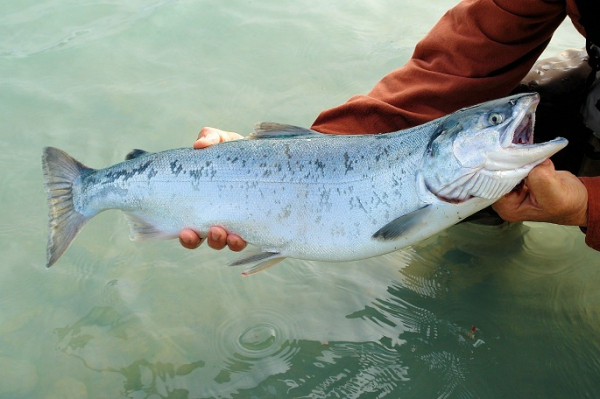
Common pharmaceutical pollutants can disrupt the natural migration behavior of Atlantic salmon, with potentially far-reaching ecological consequences, according to a study published on Friday, reported Xinhua.
The international study revealed that environmental levels of clobazam, a sedative used to treat sleep disorders, increased the migration success of juvenile salmon in the wild, said a statement from Griffith University in Australia on Friday.
The drug also helped the fishes navigate hydropower dams more quickly, a common barrier to migration, said the study, led by the Swedish University of Agricultural Sciences in collaboration with several Australian universities.
Follow-up tests showed clobazam altered a species' social behaviors, suggesting the migration changes may stem from drug-induced shifts in risk-taking and group dynamics.
Marcus Michelangeli of Griffith University, a co-author of the study published in Science, warned that psychoactive drugs in waterways, now numbering over 900 different substances worldwide, pose a growing threat to wildlife.
"While the increased migration success in salmon exposed to clobazam might seem like a beneficial effect, it is important to realize that any change to the natural behavior and ecology of a species is expected to have broader negative consequences both for that species and the surrounding wildlife community," Michelangeli said.
Unlike previous lab-based studies, this research was conducted in the wild, offering clearer insights into real-world impacts, he added.
Michelangeli called for advances in wastewater treatment and eco-friendly drug design to help curb the impact of pharmaceutical contamination in the future.
- Salmon
- pollution
Source: www.dailyfinland.fi
